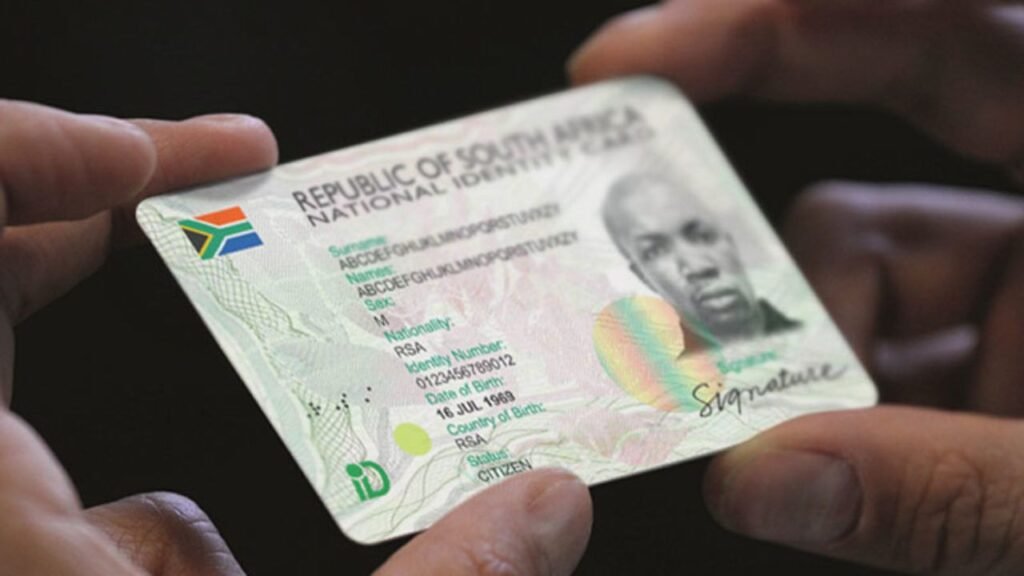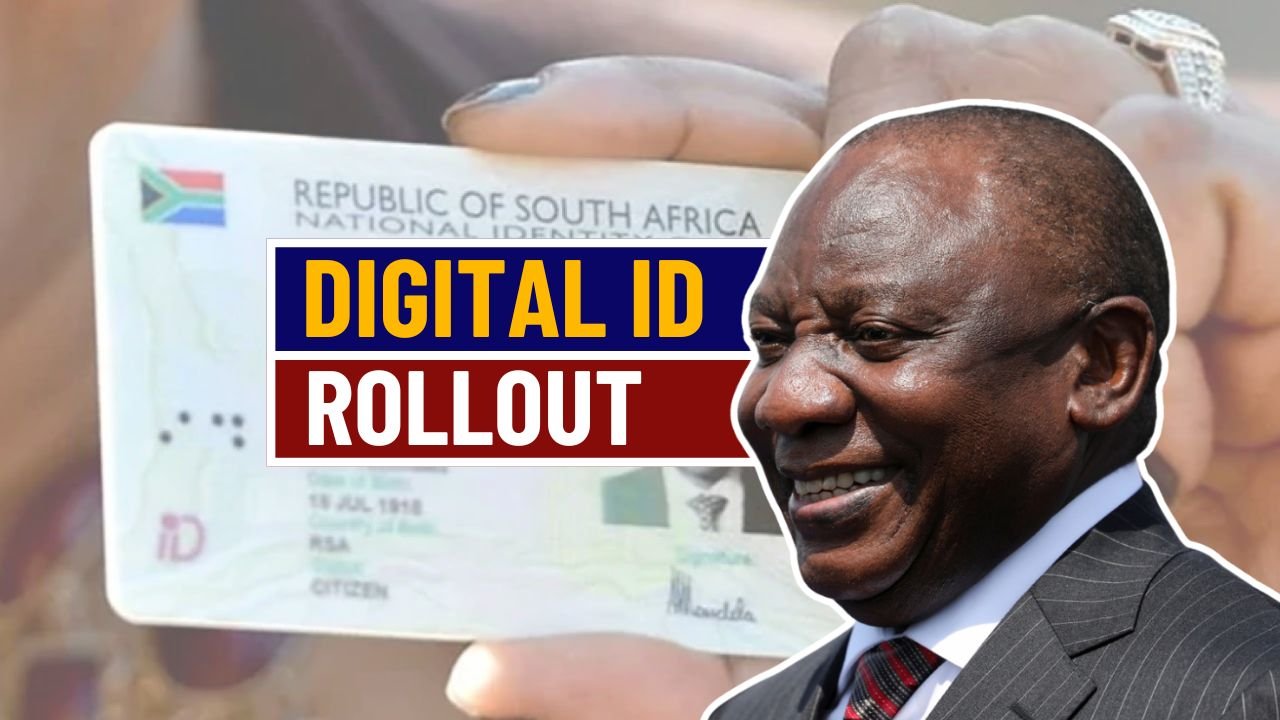South Africa’s Department of Home Affairs is embarking on a transformative mission to provide Smart ID cards to more than 1.4 million citizens by 2025. This digital identity initiative is a cornerstone in the government’s ongoing effort to modernize public administration and streamline the process of accessing essential services. By replacing older methods with secure, digital alternatives, the state aims to enhance both convenience and security for its people.
Reaching Beyond City Borders with Expanded Coverage
This ambitious rollout is set to significantly increase the availability of Smart ID services in remote and rural parts of the country. Historically underserved communities will soon be able to apply for their digital IDs without needing to make long and costly trips. To support this effort, Home Affairs is working in partnership with municipal bodies and several major banking institutions, deploying application points in stages across the country.
Reducing Bureaucracy with Modern Technology
One of the key benefits of the Smart ID expansion is the reduction of administrative congestion. The new process is designed to eliminate long wait times, endless paperwork, and repetitive documentation. Citizens will now experience quicker turnarounds and smoother processing when accessing services that require formal identification, from opening a bank account to applying for public benefits.
A Smarter Way to Apply for Identification

The revamped system allows South Africans to apply online through the Home Affairs website or via bank-affiliated platforms. Once the application is submitted, applicants are allowed to schedule appointments to deliver the required documents. They are also notified by SMS once their cards are ready for pickup. During their visit to the application center, biometric data is collected to reinforce fraud prevention and identity verification efforts.
Moving Beyond Pilot Programs into Nationwide Reach
Although this system has already shown success in urban environments, the 2025 expansion marks its transition into a truly national project. With more communities gaining access, the number of South Africans benefiting from faster and more secure ID services will increase dramatically in the months to come.
Envisioning a Digitally Integrated Nation
Minister of Home Affairs, Dr. Aaron Motsoaledi, emphasized that the Smart ID initiative is a vital step toward a paperless and fully digital government. By interlinking digital identification with other government platforms, the state hopes to simplify processes such as applying for social grants, accessing pensions, registering to vote, and filing taxes. These improvements are part of a broader vision to integrate technology into the public service sector for greater efficiency.
Bridging the Gap Through Digital Inclusion
The upcoming expansion does more than just offer convenience it represents a move toward equality. Providing Smart ID access to another 1.4 million individuals ensures that both urban and rural citizens can equally participate in national systems. In doing so, the government takes a meaningful step toward closing the digital divide that often excludes marginalized communities from full societal participation.
Continuing the Journey into 2026 and Beyond
This rollout is not the end but merely the next phase of a longer journey. Throughout 2025, more regions will see the implementation of Smart ID services, with even larger expansions scheduled for 2026. As South Africa moves closer to a digitally connected society, the Smart ID card will be central to enabling every citizen to take part in the country’s economic, civic, and educational future.

